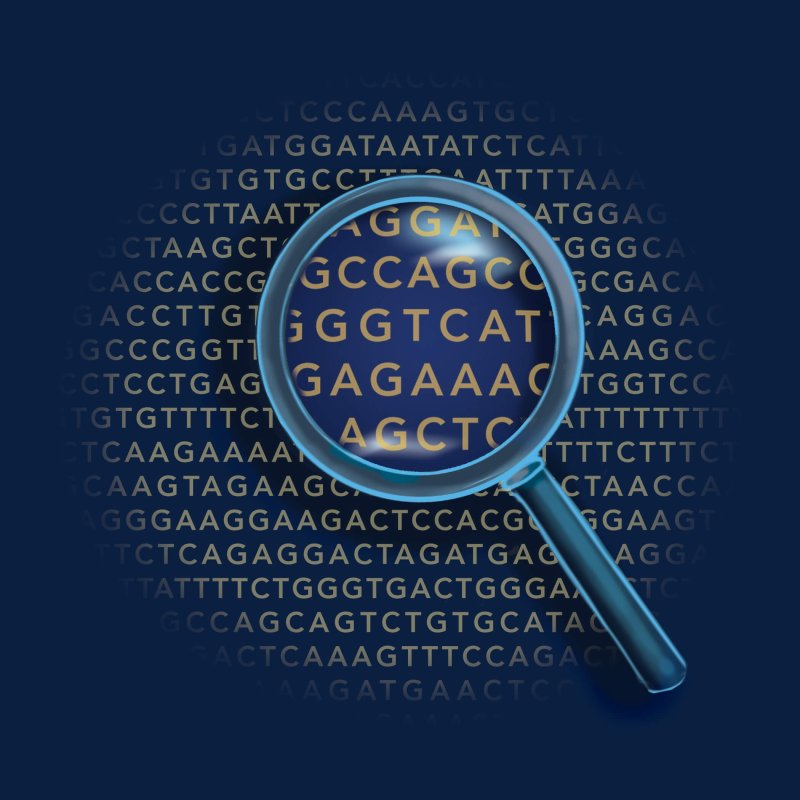The drastic reduction in cost, time and effort to sequence a person’s genome is fueling new hopes for what scientists can do when armed with enough data on DNA. But how much information about a person’s genetic code is too much?
Asking people for their DNA and giving them the limited information that can be derived from their genomes is an ethical minefield, throwing up privacy issues and the right not to know, as well as the potential societal impact of freely available genetic data.
With rare genetic disorders at issue, the benefits to gene sequencing are clear. Knowing about predispositions to genetic disorders that are treatable or preventable could help to save lives. But genome testing doesn’t always produce a clear result. Would knowing that you could one day get cancer have adverse psychological effects, particularly if there was nothing you could do about it? Even if there is something that can be done, how strong does the probability have to be for someone to take drastic action?
Read the full, original story: Do You Really Want To Know What Your Genetic Code Says About You?
Additional Resources:
- Programming genetic code can lead to better designer genes, Harvard Gazette
- For now, genetic tests raise more questions than answers, BBC News
- Can you trust Facebook with your genetic code? Venture Beat































